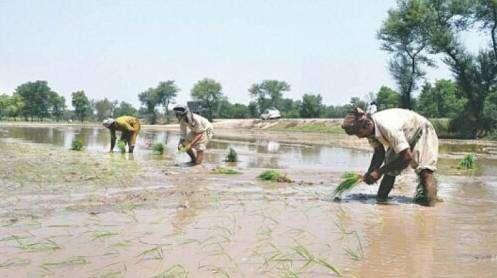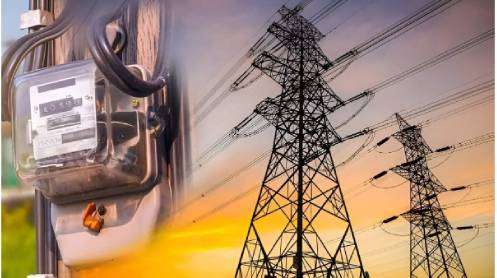ISLAMABAD: In a bid to strengthen water management and planning amid growing climate challenges, Pakistan has launched a new initiative — the Climate Resilient and Adaptive Water Allocation Programme (CRAWAP) — with technical and financial support from the Government of Australia.
Under the five-year project, Australia has provided a grant of three million Australian dollars to enhance the capacity of the Indus River System Authority (IRSA) and provincial governments in accurately forecasting intra-season water availability. The programme aims to improve decision-making for water allocation across the Indus Basin, one of the world’s largest contiguous irrigation networks.
At a recent meeting chaired by IRSA Chairman Amjad Saeed, preparations for project implementation were reviewed with the visiting Australian delegation, comprising Dr Neil Lazarow, Dr Mobin-ud-Din Ahmad, and Ms Susan Cuddy. The team commended Pakistan’s efforts in managing the Indus Basin Irrigation System (IBIS) and discussed upgrading the Water Apportionment Accord Tool (WAATool) for higher spatial resolution — extending from system zones to canal commands and river reaches.
The project seeks to transition from supply-based warabandi to demand-based irrigation, using advanced technologies such as soil moisture meters and AI-driven modelling. Pilot initiatives include distributary-level ponds, kitchen gardening for rural women, and on-farm water storage solutions to improve climate resilience and equitable water use.
Australia’s CSIRO and ACIAR earlier supported Pakistan in developing the WAATool between 2018 and 2022, which has since been used for seasonal planning, reservoir operations, and inter-provincial water distribution under the 1991 Water Apportionment Accord.
The CRAWAP initiative will build on this foundation by enabling mid-season forecasting, enhancing data-driven allocation decisions, and promoting transparency, efficiency, and adaptive water management. The programme is expected to deliver long-term social and economic benefits for Pakistan’s farming communities through more reliable and equitable access to water resources.
Story by Khaleeq Kiani







